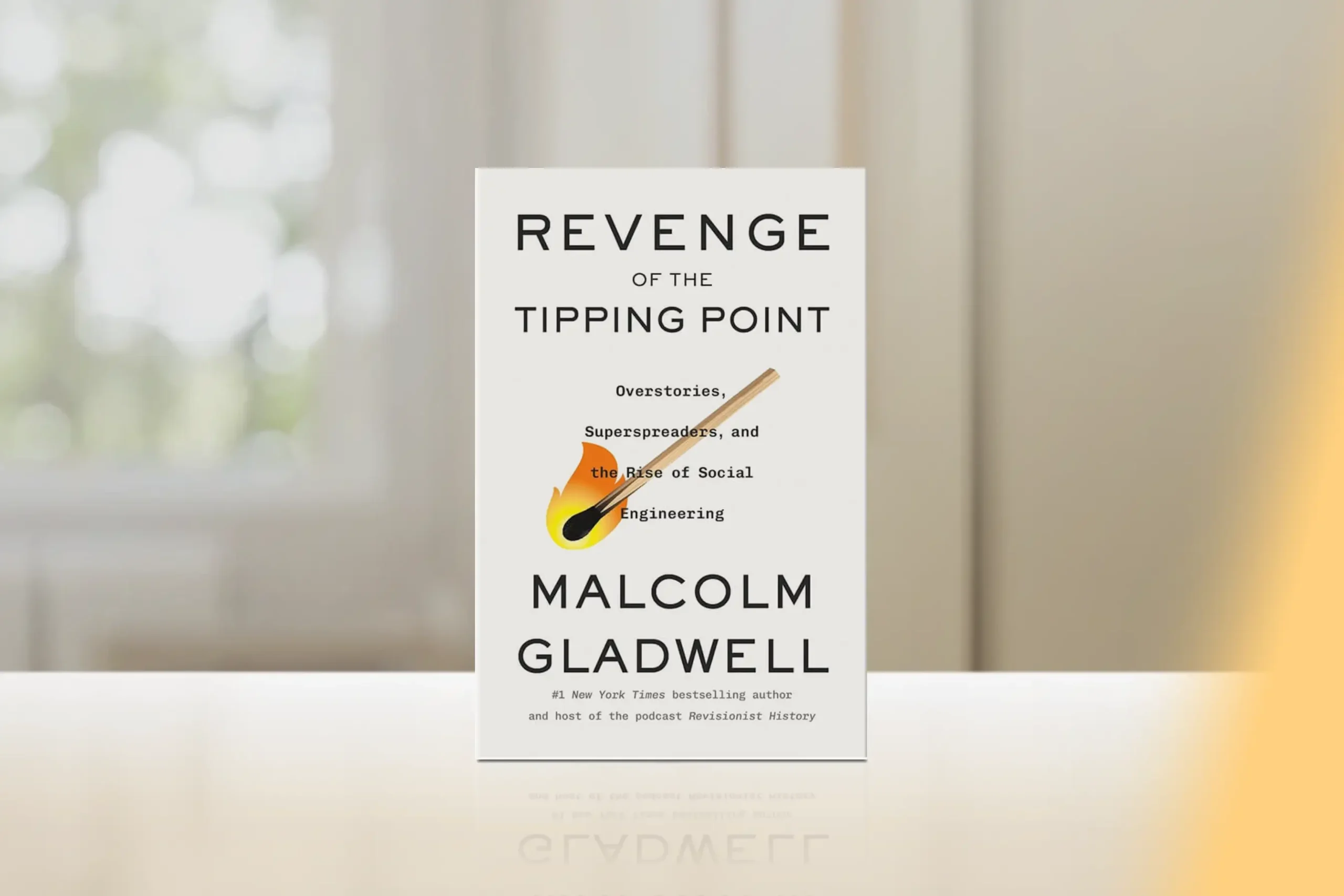Most of us spend years shaping our choices around what others think. But when you stop seeking approval, you create space for your true self to shine. This shift isn’t about becoming careless—it’s about caring more for your own values. Learning how to live life your way means trusting your instincts, setting boundaries, and making decisions that align with who you are, not who others expect you to be.
Inside this article:

1. Understanding the Approval Trap
The approval trap sneaks into our lives so gradually that we rarely notice we’re caught in it. This pattern often begins in childhood, where love and acceptance become tied to meeting expectations—getting good grades, being well-behaved, or pursuing the “right” activities.
Common Signs You’re Seeking Approval:
- Constantly checking social media for likes and comments
- Asking multiple people for advice on decisions you could make yourself
- Feeling anxious when someone seems disappointed in your choices
- Struggling to express opinions that differ from the group
- Feeling drained after social interactions due to “performing”
- Making decisions based on what looks good rather than what feels right
Society reinforces these patterns through cultural messaging about success, relationships, and personal appearance. We absorb the idea that external validation equals self-worth, creating a cycle where our happiness depends on others’ reactions.
The Development Cycle:
Childhood Conditioning → Social Reinforcement → Habit Formation → Identity Loss
The psychological cost is significant. When you constantly seek approval, you lose touch with your authentic self, leading to low self-esteem and eventual burnout. Research shows that people who chronically seek approval experience 40-60% higher rates of depression and anxiety levels 2-3 times higher than those with healthy boundaries.
Your energy becomes focused on managing others’ perceptions rather than building a life that genuinely fulfills you. This external focus disconnects you from your own values, dreams, and intuition, leaving you feeling empty despite outward success.
For deeper insights into breaking free from people-pleasing patterns, explore Building Confidence and Self-Esteem: Simple Steps for Lifelong Empowerment.
Key takeaway: Recognition is the first step toward freedom—when you understand how approval-seeking developed, you can begin dismantling its hold on your life.

2. The Hidden Costs of Seeking Approval
Chasing validation creates invisible barriers that limit your potential in ways you might not realize. When every decision requires external endorsement, you become paralyzed by analysis, spending more time gathering opinions than taking action.
Approval-Seeking Behavior
Asking everyone for input
Choosing “impressive” jobs
Playing it safe
Avoiding conflict
Staying in comfort zone
Hidden Cost
Analysis paralysis, missed opportunities
Unfulfilling work, burnout
Stifled innovation, unexpressed potential
Superficial connections, resentment
Stagnation, regret
The mental health toll is substantial. Constant worry about others’ opinions creates chronic stress, anxiety, and emotional exhaustion. Your creativity suffers because innovation requires risk-taking and the willingness to be misunderstood.
Real-Life Scenarios:
- The Professional who stays in an unfulfilling job because it impresses others
- The Parent who overschedules children to maintain social standing
- The Individual who maintains draining relationships because ending them might seem “selfish”
Studies reveal that people-pleasers are 23% less likely to be considered for leadership roles despite being well-liked, as their hesitation to take risks fosters a perception of passive management.
Each time you choose others’ comfort over your authentic expression, you trade pieces of your potential for temporary acceptance. These choices accumulate, creating a life that looks good from the outside but feels hollow within.
Learn more about making authentic career choices in Balancing Passion and Pay: How to Find Meaning in Your Work.
Key takeaway: The price of constant approval-seeking is often the life you truly want to live.

3. The Mindset Shift: Valuing Your Own Standards
Internal validation creates a sustainable foundation for self-worth that doesn’t fluctuate with others’ moods or opinions. Unlike external approval, which you can’t control, your own standards remain consistent and accessible.
Questions to Define Your Internal Compass:
- What activities make you lose track of time?
- What achievements feel meaningful regardless of recognition?
- What kind of person do you want to become?
- What legacy do you want to create?
These questions form your inner compass, guiding you when outside voices try to sway you. History is full of artists, entrepreneurs, and activists who chose integrity over approval—defying criticism, pursuing the “impossible,” and standing for justice. Their commitment sparked innovation, earned respect, and, above all, let them live with purpose.
External vs. Internal Validation:
External
“I’m successful because other people believe I am”
Internal
“I’m successful because I’m living according to my values”
The emotional freedom that follows this mindset shift is remarkable. When you stop needing others’ permission to be yourself, you experience relief from constant performance pressure. Decisions become clearer because you’re consulting your own values rather than trying to please others expectations. A comprehensive study found a clear relationship between authenticity and well-being, with authentic individuals reporting significantly higher life satisfaction and engagement scores.
Key takeaway: Your own standards provide the most reliable, enduring, and deeply personal source of validation and direction.

4. Practical Ways to Stop Seeking Approval
Breaking free from approval-seeking requires specific strategies and consistent practice. Start with boundary setting—the foundation of living authentically.
The Progressive Approach to Independence:
Week 1-2: Small Steps
- Decline one social invitation that doesn’t genuinely interest you
- Express a preference that differs from group consensus
- Make a small purchase without asking for opinions
Week 3-4: Medium Challenges
- Share an unpopular opinion in a low-stakes conversation
- Pursue a hobby others might find unusual
- Say “no” without elaborate justifications
Week 5-6: Bigger Risks
- Make a significant decision without seeking multiple inputs
- Set a boundary with someone who typically overrides your preferences
- Take action on something you’ve been postponing due to others’ potential reactions
Powerful Self-Reflection Tools:
Decision Journal Exercise:
Before making choices, write about your genuine preferences before considering others’ potential reactions. This builds awareness of your authentic desires versus people-pleasing impulses.
The Regret Review:
Reflect weekly on moments when seeking approval led to decisions you later regretted. Identify patterns to catch these impulses earlier.
Create accountability systems that support authentic living. Find trusted friends who encourage your independence, or join communities that celebrate authenticity over conformity. Research on assertiveness training shows that learning to set boundaries can reduce anxiety, stress, and depression by 20-40% within just three months. Practice celebrating your choices regardless of others’ reactions—acknowledge success internally rather than waiting for external validation.
Explore more strategies for building inner strength in The Power of Self-Compassion: A Guide to Building Inner Strength.
Key takeaway: Consistent practice with small steps builds the confidence needed for bigger authentic choices.

5. Building Confidence in Living Your Own Way
Self-trust develops through a cycle of making authentic choices and witnessing positive outcomes, even when those outcomes differ from what others expected or recommended.
The Confidence-Building Cycle:
- Make an authentic choice →
- Experience the outcome →
- Learn from results →
- Build self-trust →
- Take bigger authentic risks
Personal Victory Checklist:
□ Had a difficult conversation with integrity
□ Chose quality time over productivity pressure
□ Invested in something meaningful despite others’ skepticism
□ Set a boundary without guilt
□ Made a decision based on your values, not others’ expectations
□ Celebrated your own progress without external praise
Surround yourself with people who appreciate your authenticity rather than trying to shape you into their preferences. This doesn’t mean cutting off everyone who occasionally disagrees with you, but rather prioritizing relationships with individuals who respect your autonomy and support your growth.
“The cave you fear to enter holds the treasure you seek.”
Joseph Campbell
The Authenticity Attraction Effect:
As you become more comfortable with independent decision-making, you naturally attract people and opportunities that align with your authentic self. This creates positive feedback that makes approval-seeking less appealing because your genuine path proves more rewarding.
Build competence in areas that matter to you. Whether that’s developing professional skills, nurturing relationships, or pursuing creative interests, growing capability in meaningful domains increases your confidence in trusting your own judgment.
For more insights on developing unshakeable self-confidence, read “You Are a Badass” by Jen Sincero.
Key takeaway: Confidence grows through action—each authentic choice strengthens your ability to trust and rely on yourself.

6. Thriving Without External Validation
Authenticity becomes your personal brand when you consistently show up as yourself across different contexts. This doesn’t mean being the same in every situation, but rather expressing different facets of your genuine self rather than performing roles designed to gain approval.
What to Expect When You Stop Seeking Approval:
Initial Reactions (Weeks 1-4):
- Some people may express concern about changes in your behavior
- Friends might feel uncomfortable with your new boundaries
- Family members might resist your independence
- Colleagues may react to your authentic leadership style
Adjustment Period (Months 2-6):
- Relationships naturally sort themselves—some deepen, others fade
- New opportunities aligned with your authentic self begin appearing
- Decision-making becomes significantly clearer and faster
- Energy levels increase as you stop “performing” constantly
Long-term Benefits (6+ Months):
✓ Resilience increases (self-worth doesn’t depend on others’ opinions)
✓ Joy multiplies (energy flows toward fulfilling activities)
✓ Relationships improve (deeper connections based on authenticity)
✓ Creative expression flourishes (freedom from judgment fears)
The Ripple Effect of Authentic Living:
“To be yourself in a world that is constantly trying to make you something else is the greatest accomplishment.”
Ralph Waldo Emerson
When you model the courage to be yourself, you give others permission to do the same. Your genuine expression often inspires people in your orbit to examine their own approval-seeking patterns and consider more authentic alternatives.
Remember: Living without constant validation needs improves your relationships. When you’re not dependent on others’ approval, you can engage more freely, offering honest perspectives and genuine support rather than calculated responses designed to maintain their positive opinion.
Find inspiration for authentic living in “The Gifts of Imperfection” by Brené Brown.
Key takeaway: Authenticity creates a life that feels as good as it looks, generating sustainable satisfaction that approval-seeking can never provide.
Next Steps
Seeking approval is a habit many of us develop without realizing its cost. It shapes our decisions, limits our freedom, and often leaves us disconnected from our true selves. By understanding how this pattern forms and recognizing its hidden costs, we can make a deliberate shift toward valuing our own standards.
Your Action Plan for Living Authentically:
- Start Small: Begin with one boundary—decline an invitation that doesn’t interest you
- Self-Reflection: Journal to explore your authentic preferences rather than others’ opinions
- Support System: Identify one person who encourages your independence and authenticity
- Celebrate Wins: Acknowledge your progress internally rather than from external validators
- Stay Committed: Remember pushback from others often signals you’re making progress
- Focus on Values: Let your internal compass guide decisions instead of pleasing external voices
Learning to live life your way is not about rejecting others—it’s about choosing yourself. When you stop seeking approval, you free your energy for authentic living, meaningful relationships, and the confidence to follow your path, even when it doesn’t align with everyone else’s expectations.
Related articles
Building Confidence and Self-Esteem: Simple Steps for Lifelong Empowerment
Discover practical techniques to strengthen your self-worth and develop unshakeable inner confidence.
The Power of Self-Compassion: A Guide to Building Inner Strength
Learn how treating yourself with kindness creates resilience and reduces the need for external validation.
The Importance of Setting Boundaries for Personal Wellbeing
Master the art of saying no and creating healthy limits that support your authentic self.
Further reading
“The Subtle Art of Not Giving a F*ck” by Mark Manson
A counterintuitive approach to living authentically by choosing what truly matters to you.
“Self-Compassion” by Kristin Neff
The definitive guide to treating yourself with kindness and building internal validation systems.
“Boundaries” by Dr. Henry Cloud and Dr. John Townsend
The definitive guide to understanding and implementing healthy boundaries in all areas of life.





